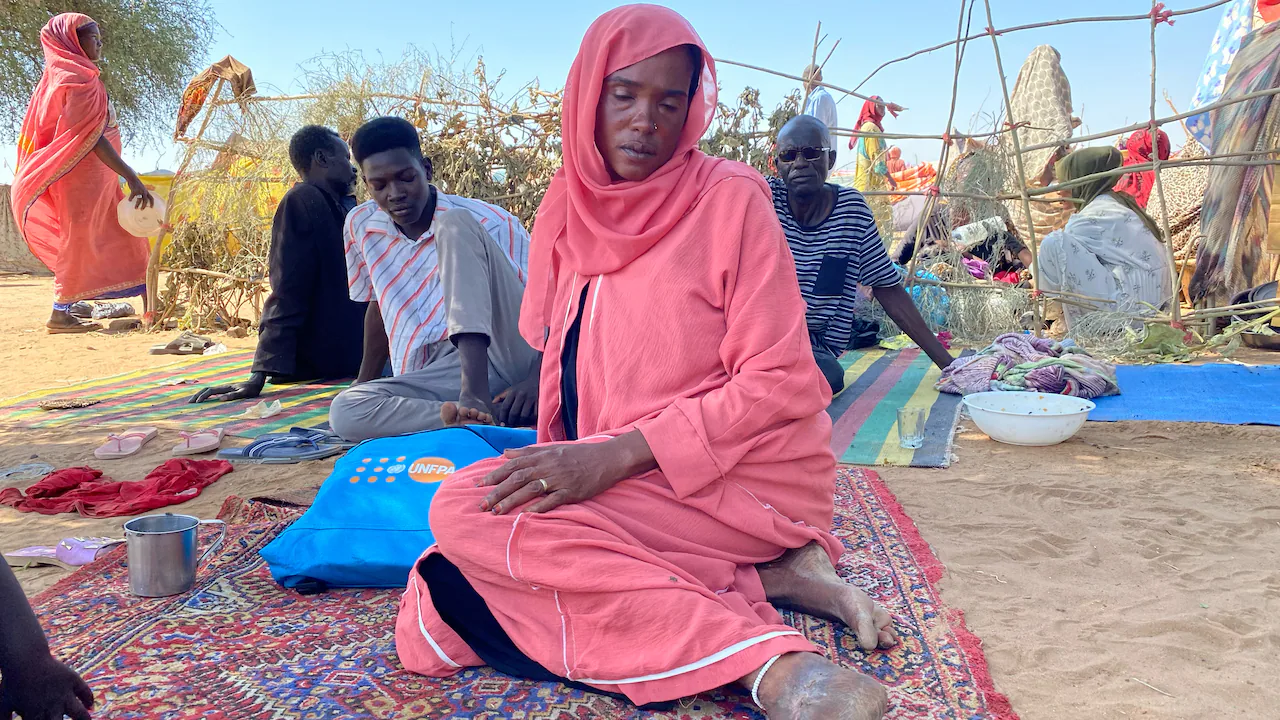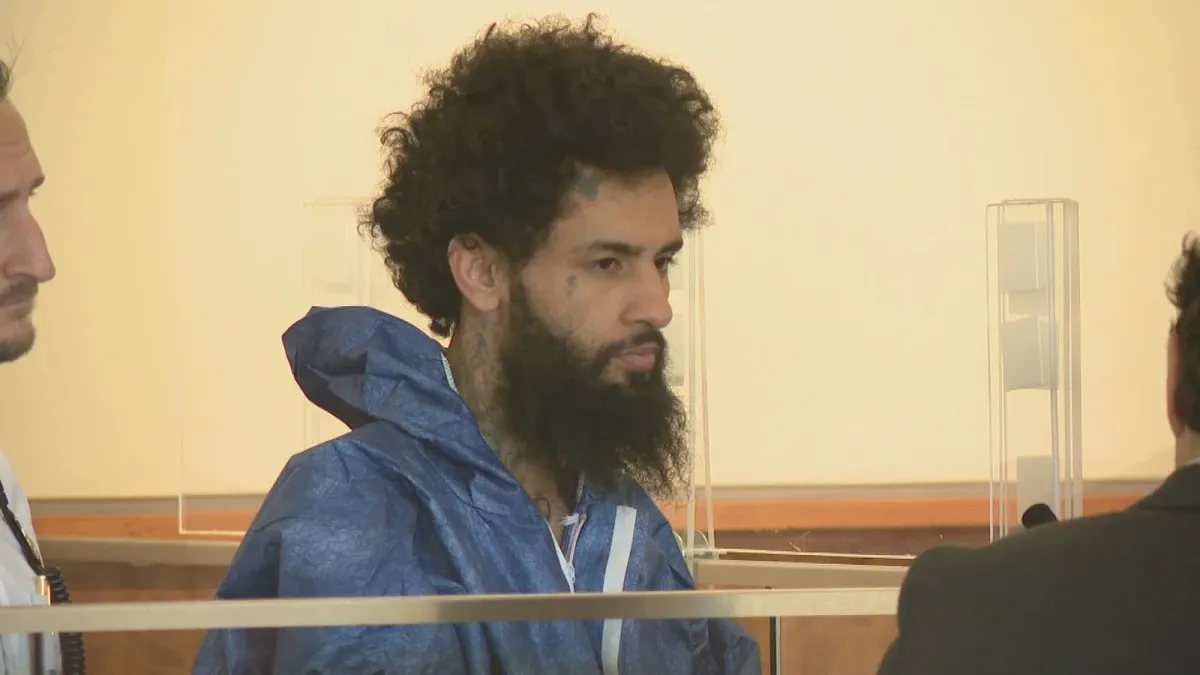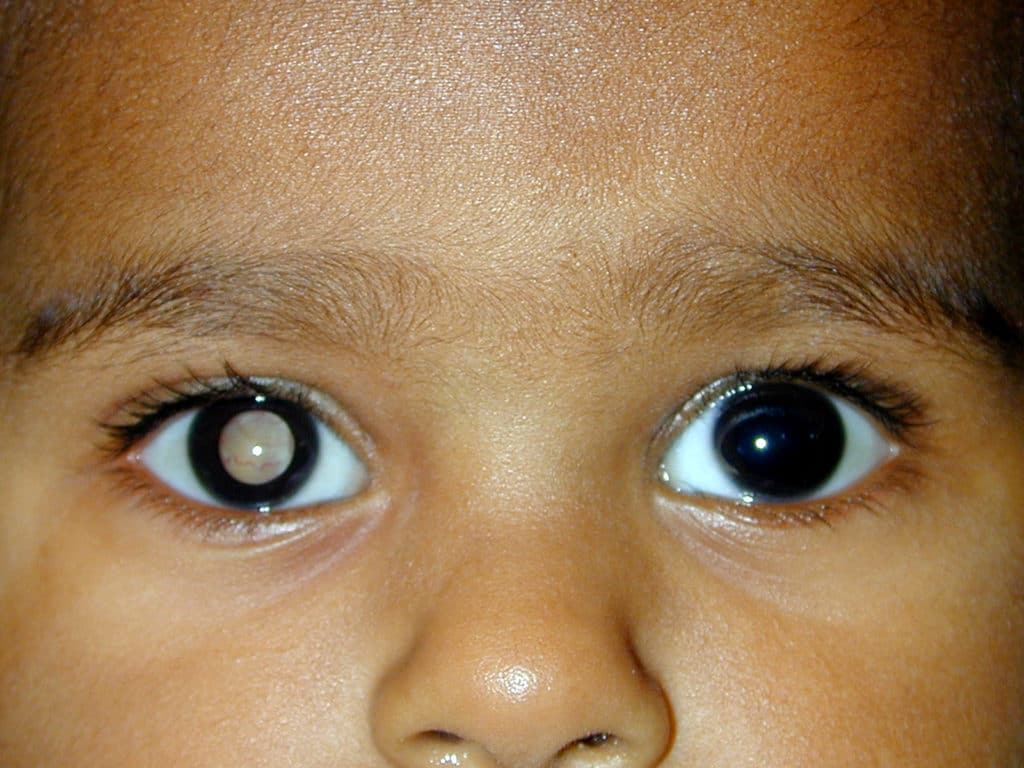Copyright cbc

Mass killings continue to be reported in the Sudanese city of El Fasher after rebel forces took control on Sunday, ending an 18-month siege and sparking further alarm about a massive humanitarian crisis. The reported killings come after the Rapid Support Forces (RSF) took over the army's headquarters in the city — clearing the paramilitary group's last major obstacle for full control of Sudan's sprawling western region of Darfur. Satellite photos appear to show bodies in the streets and hundreds more are believed to have been killed, though disrupted communications and only scarce reports from refugees make the situation difficult to assess. Aid workers and officials are worried even for those who escaped the city. "Those able to flee — the vast majority women, children, and the elderly — face extortion, rape and violence on the perilous journey. Young men have been abducted or killed on the road and large numbers of people prevented from leaving the area," Tom Fletcher, UN under-secretary-general for humanitarian affairs and emergency relief, said in a statement to the Security Council on Thursday. He called for urgent measures to address the "catastrophic levels of human suffering" in El Fasher and Darfur. The UN has described Sudan's two-and-a-half-year civil war — marked by widespread sexual violence, famine, indiscriminate fighting in civilian areas, and the displacement of millions — as the world’s biggest humanitarian crisis. "The Sudan crisis is, at its core, a failure of protection, and our responsibility to uphold international law," Fletcher said. Aid groups and activists have previously warned of the potential for ethnic violence as the RSF overwhelmed the army and allied fighters. The group takes its root in the Janjaweed militia that committed genocide in Darfur the early 2000s. "What is unfolding in El Fasher recalls the horrors that Darfur was subjected to 20 years ago. But somehow today we are seeing a very different global reaction — one of resignation. So this is also a crisis of apathy," said Fletcher. Nadia Taha says she lost contact with her uncle and other relatives in El Fasher last week. “I don’t know right now if he’s alive or if he died … I’m just so scared that he might [have] been killed,” Taha told CBC News from Washington, D.C., adding that she has heard from others that his neighbours were killed in the assault. “I have not closed my eyes for 48 hours.” She said her brother, Mohammed Adam Abdullah Taha, was killed on Sept. 24 by an RSF drone. He was in the Sudanese army, and was helping others flee the besieged city or find shelter. “He was very [loyal] to El Fasher … when he died it was a heartbreak for all of us.” The RSF has repeatedly denied that it is harming civilians, and on Thursday refuted fresh allegations, from the World Health Organization, that some 460 people were killed at El Fasher's Saudi Hospital. And yet, RSF commander Gen. Mohammed Hamdan Dagalo, on Wednesday acknowledged what he called "abuses" by his forces and said an investigation was ongoing. "The investigation committee shall … hold accountable any soldier or any officer who committed a crime or crossed the lines against any person, said Dagalo, who is known as Hemedti. The UAE is reported to back the RSF, similar to its support of armed factions in Libya and Yemen to spread its influence and combat Islamist groups. It has repeatedly denied allegations that it funnels weapons to the RSF. But in January 2024, the UN-appointed Panel of Experts for Sudan detailed reports of cargo planes believed to carry weapons destined for the RSF through neighbouring Chad and called the reports credible. During Thursday's UN Security Council session, the UAE's representative to the UN, Mohamed Abushahab, said the Gulf state stands in "solidarity" with the Sudanese people and announced $100 million US in humanitarian aid. Sudan's UN Ambassador Al-Harith Idriss Al-Harith Mohamed accused the UAE of waging a "war of aggression" in Sudan with its support of the RSF and criticized the Security Council for failing to take "any practical measures to hold this particular sponsor and others accountable." Some of those who escaped are attempting an incredibly difficult journey — more than 800 kilometres, on foot — to the capital, Khartoum, according to Aman Alawad, the Sudan director of the humanitarian organization MedGlobal. “We just see people who die for no reason, people who are getting killed because of their ethnic background or the colour of their skin. That is not right and it shouldn't be tolerated,” Alawad told CBC’s As It Happens from Khartoum on Tuesday. Others are trying to reach the town of Tawila where many are taking shelter, roughly 60 kilometres west of El Fasher. But of the more than 26,000 people who fled the city on Sunday and Monday, fewer than 2,000 had arrived in Tawila by Tuesday, says Mohamed Refaat, chief of mission for Sudan with the International Organization for Migration. An estimated 250,000 people remained in El Fasher toward the end of the siege. "That should be a concern for all of us," said Malthide Vu, advocacy manager for the Norwegian Refugee Council, which manages the Tawila refugee camp. "Where are the others? That tells the horror of the journey." Satellite images of El Fasher show clusters of objects consistent with the size of human bodies surrounded by reddish discolouration that appears to be blood, according to a report published Tuesday by the Yale Humanitarian Research Lab. The lab said it corroborated killings by the RSF around the Saudi Hospital and at a detention centre at a former children's hospital in the eastern part of the city. CBC News and The Associated Press analyzed the same imagery. The lab said "systematic killings" took place in the vicinity of the eastern wall, which the RSF built outside the city earlier this year. “El Fasher appears to be in a systematic and intentional process of ethnic cleansing,” the report said.



